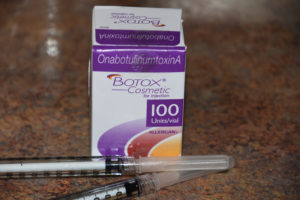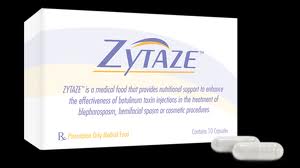
Of the three negatives associated with Botox, the one that most patients would love to be improved is the duration of its effects. If Botox only lasted longer, patients would be even more pleased and I suspect even more patients would have the treatment or stay with it longer. But despite new competitive products to Botox that have appeared, such as Dysport and Xeomin, none of their benefits have been an improved length of effect.

Despite the improved toxin effects demonstrated in this study and report, and the availability of this supplement commercially, it has not caught widespread clinical use. The report does not indicate the cost of this supplement which is available as a prescription in a blister pack of 10 capsules. Its cost is relevant because it causes an enhancement of botulinum duration and effect but not the equivalent of doubling or tripling it. The other issue that is not clear in the report is how long and often does the supplement need to be taken. Is it just taken around the time of injection or does it have to be continued for some period of time after the treatments. My assumption is that that it is taken only around the injection period.
Improving the effects of Botox and its equivalents is of great patient interest. It could decrease the number of treatments per year, lower the number of units (dose) needed per treatment, and perhaps improve the effects of those patients who have become resistant to botulinum injections. Time and more widespread clinical experience will determine if the effects of Zytaze is as good as this report indicates.
Dr. Barry Eppley
Indianapolis, Indiana


